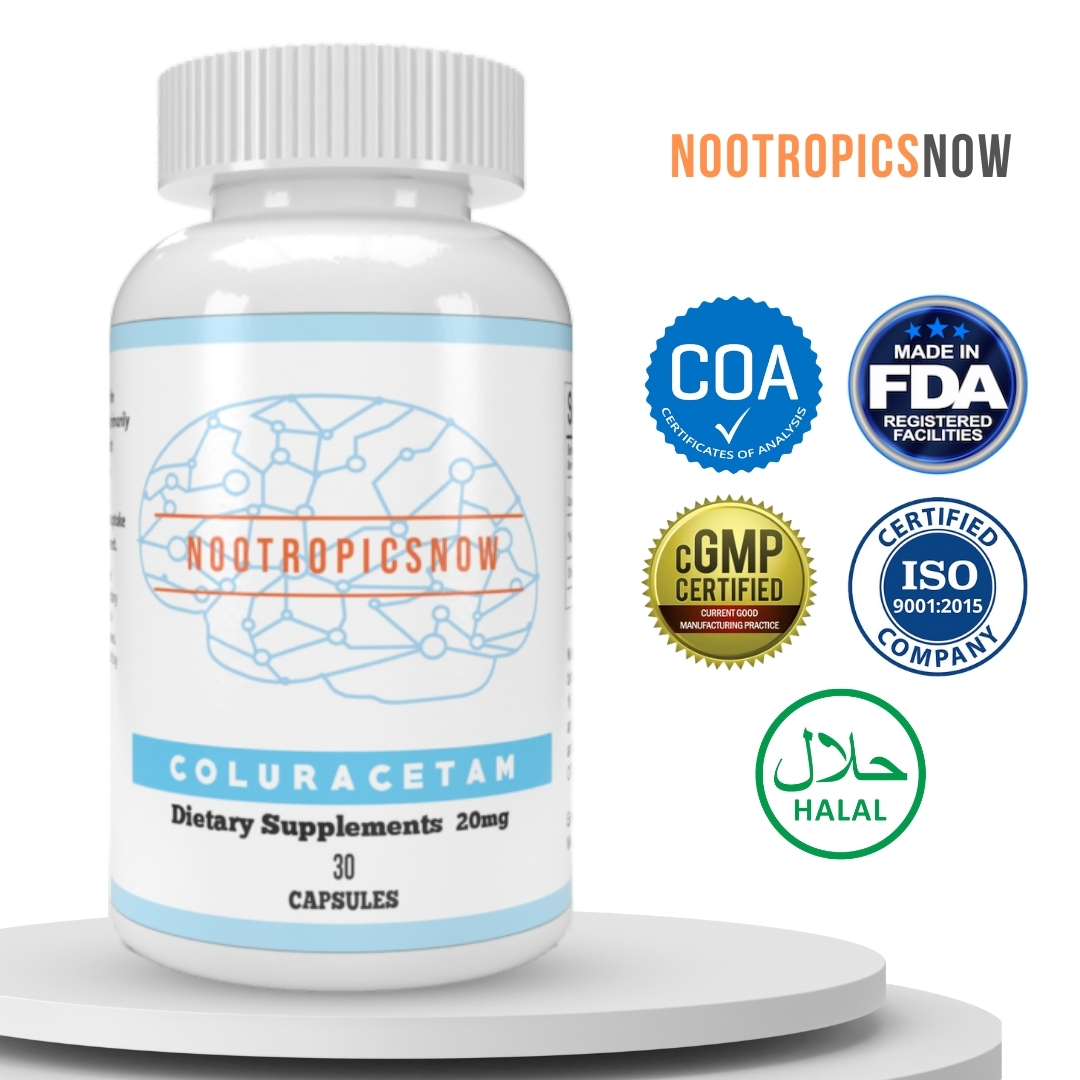Vitamins for Child Brain Development

Best Vitamins for Child Brain Development

Nurturing a child’s developing brain requires a holistic approach, encompassing proper nutrition, stimulating activities, and a supportive environment. Among the critical elements for optimal brain function are essential vitamins and minerals. A deficiency in vital nutrients can impact cognitive abilities, memory, and overall learning capabilities. While a well-balanced diet should always be the primary focus, vitamin supplementation can play a supportive role in ensuring adequate nutrient intake for optimal child brain development.
Omega-3 Fatty Acids: The Foundation of Brain Structure
Omega-3 fatty acids, especially docosahexaenoic acid (DHA) and eicosapentaenoic acid (EPA), stand as fundamental building blocks for the brain. DHA, in particular, constitutes a significant portion of the brain’s structural fat, comprising a large part of neuron cell membranes. These fatty acids facilitate efficient communication between brain cells, fostering cognitive functions such as learning, memory, and focus.
Vitamin D: The Sunshine Vitamin for Cognitive Function
Vitamin D, frequently dubbed the “sunshine vitamin,” extends its influence beyond bone health to encompass crucial brain functions. Receptors for vitamin D are widely distributed throughout the brain, underscoring its involvement in neuronal growth, differentiation, and neurotransmitter regulation. Adequate vitamin D levels support cognitive abilities, mood regulation, and overall brain health.
B Vitamins: Fueling Brain Activity
The B vitamins, including B6 (pyridoxine), B12 (cobalamin), and folate (B9), form a powerhouse for brain health, influencing energy production, neurotransmitter synthesis, and nerve function. Vitamin B6 assists in the production of neurotransmitters like serotonin and dopamine, which are critical for mood regulation and cognitive processes. Vitamin B12 and folate play key roles in creating red blood cells that deliver oxygen to the brain, supporting optimal cognitive function.
Iron: Oxygen Delivery and Cognitive Performance
Iron’s pivotal role in oxygen transport to the brain makes it indispensable for cognitive function and development. It helps form hemoglobin, a protein in red blood cells that carries oxygen from the lungs to the rest of the body, including the brain. Iron deficiency can lead to anemia, which can impair cognitive abilities, attention span, and academic performance.
Zinc: Supporting Brain Cell Communication
Zinc, a trace mineral, plays a vital role in brain development and cognitive function. It is involved in neurotransmitter function, synaptic plasticity, and cell signaling, all of which are crucial for learning and memory. Zinc deficiency can impair cognitive abilities, particularly in children.
Choline: Building Brain Cells and Enhancing Memory
Choline is an essential nutrient involved in various brain functions, including cell membrane structure, neurotransmitter synthesis, and nerve function. It is a precursor to acetylcholine, a neurotransmitter crucial for memory, learning, and muscle control. Adequate choline intake during pregnancy and childhood supports optimal brain development.
Magnesium: Calming the Brain and Improving Focus
Magnesium plays a vital role in neurotransmitter function and nerve signal transmission, making it essential for brain health. It helps regulate the activity of glutamate, an excitatory neurotransmitter, and GABA, an inhibitory neurotransmitter, promoting a calming effect on the brain. Magnesium deficiency can contribute to anxiety, irritability, and sleep disturbances, all of which can impair cognitive function.
Iodine: Thyroid Health and Brain Development
Iodine is an essential mineral that plays a vital role in thyroid hormone production. Thyroid hormones are crucial for brain development, particularly during pregnancy and infancy. Iodine deficiency can lead to hypothyroidism, which can impair cognitive abilities, growth, and development.
Vitamin C: Antioxidant Protection and Brain Function
Vitamin C acts as a powerful antioxidant, protecting brain cells from damage caused by free radicals. It also plays a role in neurotransmitter synthesis and collagen production, which is essential for maintaining the structural integrity of the brain.
The Importance of a Balanced Diet
While vitamin supplementation can be beneficial, it is essential to remember that a balanced diet is the cornerstone of optimal brain development. A diet rich in fruits, vegetables, whole grains, lean protein, and healthy fats provides the essential nutrients that the brain needs to thrive.
Consulting with a Healthcare Professional
Before starting any new supplements, it is always best to consult with a pediatrician or other healthcare professional. They can assess your child’s individual needs and recommend the appropriate supplements and dosages. They can also rule out any underlying medical conditions that may be affecting your child’s cognitive development.
Table: Vitamins and Minerals for Child Brain Development
| Nutrient | Benefits | Sources | Supplementation Considerations |
|---|---|---|---|
| —————– | ———————————————————————————————— | ———————————————————————————————————- | ————————————————————————————————— |
| Omega-3 Fatty Acids | Improved memory, focus, and potentially reduced ADHD symptoms | Fatty fish, flaxseeds, chia seeds, walnuts | Fish oil supplements, high DHA concentration |
| Vitamin D | Enhanced cognitive function, improved mood, potentially reduced risk of neurodevelopmental disorders | Sunlight, fortified foods, fatty fish, egg yolks | Liquid vitamin D drops |
| B Vitamins | Enhanced memory, improved mood, reduced risk of neural tube defects | Whole grains, meat, poultry, fish, eggs, dairy, leafy greens, legumes | B-complex supplements, chewable or liquid form |
| Iron | Improved cognitive function, enhanced attention span, reduced fatigue | Red meat, poultry, fish, beans, lentils, fortified cereals, leafy greens | Consult with a doctor before supplementing, excessive iron can be harmful |
| Zinc | Improved memory, enhanced attention span, improved neurotransmitter function | Meat, poultry, seafood, nuts, seeds, beans, whole grains | Zinc lozenges or chewable tablets |
| Choline | Improved memory, enhanced focus, improved cell membrane integrity | Eggs, liver, beef, poultry, fish, nuts, seeds, cruciferous vegetables | Liquid or chewable form |
| Magnesium | Improved mood, reduced anxiety, better sleep, enhanced focus | Leafy green vegetables, nuts, seeds, whole grains, beans, avocados | Magnesium glycinate |
| Iodine | Supports thyroid hormone production, essential for brain development | Iodized salt, seafood, dairy products, seaweed | Iodine supplements may be recommended for those at risk of deficiency |
| Vitamin C | Protects brain cells from damage, supports neurotransmitter synthesis | Citrus fruits, berries, peppers, broccoli, leafy greens | Chewable tablets or liquid drops |
Conclusion
Nurturing your child’s brain development involves a multi-faceted approach, with proper nutrition playing a starring role. While a well-balanced diet should always be the primary goal, targeted vitamin supplementation can serve as a valuable tool for filling nutritional gaps and ensuring optimal brain function. Omega-3 fatty acids, vitamin D, B vitamins, iron, zinc, choline, magnesium, iodine, and vitamin C are all essential for supporting various aspects of cognitive development.
Consider a supplement such as:

View Product
By prioritizing these key nutrients and consulting with a healthcare professional, you can empower your child to reach their full cognitive potential and set them on a path toward a bright and successful future. Remember that every child is unique, and their individual needs may vary. Personalized guidance from a healthcare professional is essential for tailoring a nutrition plan that best supports their brain development and overall well-being.
`markdown
Best Vitamins for Child Brain Development
Ensuring your child’s brain is well-nourished is paramount for their cognitive development, focus, and overall well-being. A balanced diet forms the cornerstone of good nutrition; however, supplementation can play a crucial role in bridging nutritional gaps. Understanding which vitamins and nutrients are most important for brain development can empower parents to make informed choices.
The Importance of Early Brain Development
A child’s brain undergoes remarkable development, especially during the first few years of life. This period is characterized by rapid neural growth and the formation of crucial connections, making it a sensitive time for nutritional support. Providing the right nutrients during this period ensures the brain has the building blocks needed for optimal function later in life. Deficiencies can potentially lead to learning disabilities, behavioral issues, and impaired cognitive function. Therefore, a proactive approach to nutrition is a significant investment in your child’s future.
Key Vitamins and Nutrients for Brain Development
Several vitamins and nutrients are particularly vital for supporting brain health during childhood. These nutrients contribute to various aspects of brain function, from neural connectivity to neurotransmitter production. Here’s a detailed look at the best vitamins and nutrients to support child brain development:
1. Omega-3 Fatty Acids
Omega-3 fatty acids, especially docosahexaenoic acid (DHA) and eicosapentaenoic acid (EPA), are essential for brain health and cognitive development. These essential fatty acids cannot be efficiently produced by the body, necessitating their intake through diet or supplementation. DHA is a major structural component of the brain, crucial for the development of cell membranes and promoting neural connectivity. EPA, on the other hand, plays a role in reducing inflammation and supporting mood regulation.
2. Vitamin D
Vitamin D plays a critical role in healthy brain growth and functioning. This fat-soluble vitamin influences neuron growth, brain function, and the developmental processes of the brain. Furthermore, Vitamin D supports calcium absorption, which is also essential for neurological function. Many children are deficient in vitamin D, particularly those living in northern latitudes or with limited sun exposure. Supplementation may be necessary, especially for breastfed infants and children with darker skin, as they are at a higher risk of deficiency.
3. B Vitamins (B6, B12, and Folate)
B vitamins are a group of essential nutrients that play significant roles in maintaining brain health. They are involved in various metabolic processes that support nerve function, neurotransmitter production, and overall cognitive function. Vitamin B6, B12, and folate (B9) are particularly vital for brain development.
4. Magnesium
Magnesium is an essential mineral vital for nerve function and mood regulation. It acts as a cofactor in more than 300 enzymatic reactions in the body, including those involved in neurotransmitter synthesis and nerve transmission. Magnesium regulates neurotransmitters, promoting brain function and mood stability in children.
5. Vitamin E
Vitamin E is a potent antioxidant that protects brain cells from oxidative stress and damage. Oxidative stress occurs when there is an imbalance between free radicals and antioxidants in the body. Free radicals can damage cells, including brain cells, and contribute to cognitive decline. Vitamin E helps to neutralize free radicals, protecting brain cells from damage and supporting overall cognitive health.
6. Iron
Iron is essential for cognitive functioning and development. This mineral facilitates oxygen transport to the brain, which is crucial for neural connectivity and cognitive abilities. Iron deficiency can lead to anemia, which impairs cognitive function and can result in developmental delays.
7. Choline
Choline is an essential nutrient for healthy brain development and normal function. It plays a critical role in developing the nervous system and cell membrane integrity. Choline works in conjunction with vitamin B12 and folate to improve focus and boost memory. It is a precursor to acetylcholine, a neurotransmitter involved in memory, learning, and muscle control.
8. Probiotics
Probiotics support a healthy gut, which is often referred to as the second brain. The gut microbiome plays a significant role in brain health, influencing mood, behavior, and cognitive function. Beneficial bacteria in the gut produce neurotransmitters that are essential for optimal brain function and mood regulation.
Incorporating Brain-Boosting Nutrients
Ensuring your child receives these essential vitamins and nutrients can be achieved through a combination of a balanced diet and targeted supplementation.
Choosing the Right Supplements: A Practical Guide
Selecting the right supplements for your child requires careful consideration. Here are some practical tips to guide your choices:
Maximizing Absorption and Effectiveness
To ensure that your child receives the maximum benefit from their supplements, consider the following tips:
The Role of Diet and Lifestyle
While supplements can play a valuable role in supporting child brain development, they should not be used as a substitute for a healthy diet and lifestyle.
By incorporating these vitamins and nutrients into your child’s diet and lifestyle, you can significantly support their brain development and overall health. Always consult with a healthcare professional before starting any new supplements to ensure they are safe and appropriate for your child. A holistic approach that combines a balanced diet, targeted supplementation, and a healthy lifestyle is the best way to support your child’s cognitive development and help them reach their full potential.
`


